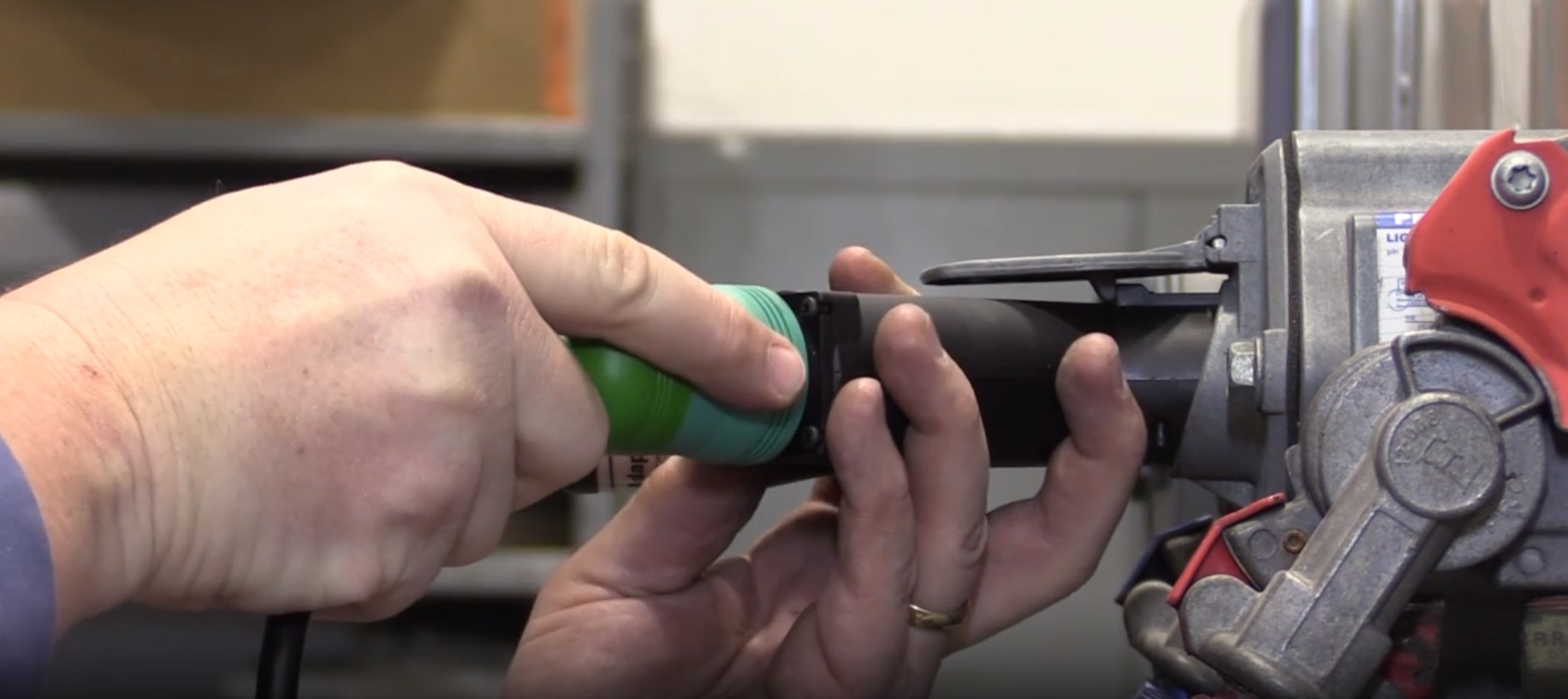
The grand prize winner in the Tomorrow’s Technician Essay Contest, which was sponsored by Parts Plus, was Matt Taylor of Lakewood, WA. Taylor and Wayne Bridges, his teacher at Clover Park Technical College, were guests of Parts Plus at the Parts Plus National Convention held February 24-27 in New Orleans, LA. The contest, which ran through November 10, 2004, was open to registered students, 18 years or older, in NATEF-accredited schools. Students were asked to submit an essay of 100 words or more titled, “What the Automotive Technician Will Be Repairing in 2020.”
In addition to Taylor, four other essay winners received partial scholarships to put toward their tuition at any school accredited by NATEF in the United State. In addition, Parts Plus awarded $100 gift certificates redeemable in the Parts Plus Tool & Equipment Flyer to five more students.
For his winning entry, Taylor penned the following essay:
What the Automotive Technicians will be Working on in 2020.
The automotive industry is entering yet another period of groundbreaking change. Powertrains and vehicles will soon evolve once again into a more technological state of being. Automotive companies have made great strides in the last few years and are beginning to make great advances in the field.
Over the next 15 years, it is likely that the most significant change will be the near-complete conversion from conventional powertrains to hybrid-electric power trains. The building blocks are already in place; hybrid technology has proven to be both affordable and reliable enough to begin to enter the automotive mainstream. Several hybrid cars are already out in mass production, with two hybrid sport-utility vehicles not far behind. The conversion will not be a hard one for automotive companies, nor particularly costly. The technology is quite affordable to the average person, and there will be no need to convert our existing fueling stations nor alter the distribution network to support hybrid vehicles.
Hybrids will prove to be an excellent solution to today’s problems of pollution, dwindling oil supplies, and ever-climbing gas prices. Hybrids are very economical: at least 10% – 15% more efficient than similar conventional engines when used in a “semi hybrid” system, and even more so when employed in a full-hybrid system. Gasoline direct ignition may also be employed to increase fuel economy by eliminating the need for fuel to enter through the intake valve and rather be injected directly into the cylinder at exactly the right moment to maximize power output.
Along with hybrids, one can predict a move towards smaller and more volumetrically efficient engines. Employing solenoids to open valves instead of a conventional camshaft with all its moving parts, which take away energy that could be used in other places. Multiple intake and exhaust valves in each cylinder will no longer be the option, but the rule. Engines will also automatically shut off when at a stop instead of idling, as this is an unnecessary waste of fuel. Perhaps the introduction of ceramic engine blocks and cylinder heads will debut, thus making engines almost indestructible, quieter and more efficient due to significantly reduced weight of internal components. More and more computers will be integrated into these technological marvels, making it necessary for today’s technicians to evolve with the technology as they have done in the past. Computers will control almost every aspect of the engine save the pistons and the crankshaft. Another likelihood is that transmissions will evolve as well. Instead of a conventional 5-speed manual or 4-speed automatic, an infinitely variable transmission will be used so that the engine can run efficiently at any speed with infinite gear selection. Other parts unrelated to the engine will change as well.
Already there is a move to run the various pumps and accessories with electric motors instead of belts run off the crankshaft. This will allow engines to run even more efficiently because there will be no belts to draw off power from the engine. Steering will evolve from being actuated by mechanical arms and linkages to being actuated by electric motors and solenoids. All these new electrical additions will require that vehicles switch from a 12-volt system to 24 volts, or even 36-volt system to keep up with energy demands. Brakes and traction control may also become completely electric without the need to run hydraulic lines or a mechanical linkage from the pedal to the master cylinder. The accelerator pedal will no longer be connected to the throttle via cable, but rather via an electrical signal sent from a variable resistor connected to the pedal for increased throttle control with more reliability than the old cable-operated throttle.
The automobile has come a long way from the old Model Ts in the beginning of the early 20th century. The advancements and changes will not stop here. The automobile will never stop evolving as mankind tries to keep up with the needs of today’s and tomorrow’s transportation and environmental needs.


